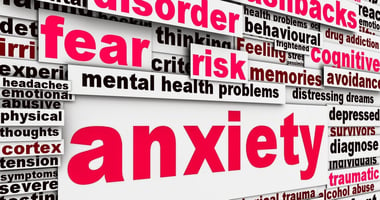Veterans with schizophrenia and a comorbid anxiety disorder have increased rates of other...
Study Identifies Four Recovery Patterns in Patients With Serious Mental Illness
 |
Green and colleagues used extended interviews with 92 women and 85 men, asking about psychiatric symptoms, quality of life, general health, and the mental health care they were receiving, they explained in their report, "Recovery From Serious Mental Illness: Trajectories, Characteristics, and the Role of Mental Health Care" in the December Psychiatric Services. They also used self-reports and health-plan data in their analysis. The scores on the various measures pointed to four patterns of recovery: high and stable levels of recovery; moderately high but fluctuating; moderately low but fluctuating; and consistently low and stable.
“Few demographic or diagnostic factors differentiated clusters at baseline,” the researchers said. “Consistent predictors of trajectories included psychiatric symptoms, physical health, resources and strains, and use of psychiatric medications.” The most consistent predictors of recovery were psychiatric symptoms and changes in those symptoms, they said. Those in turn are dependent on good-quality care, which includes satisfaction with their clinicians and with the medications they are taking. "P roviding such care has the potential to change recovery trajectories over time,” they concluded.
(Image:Olimpik/Shutterstock.com)





